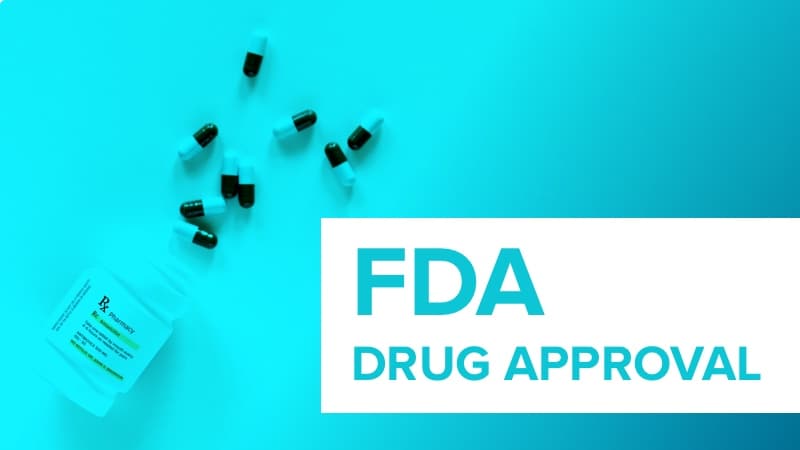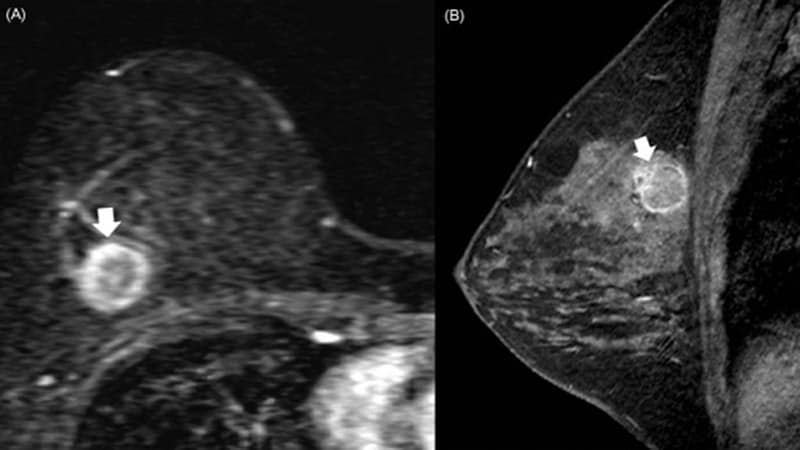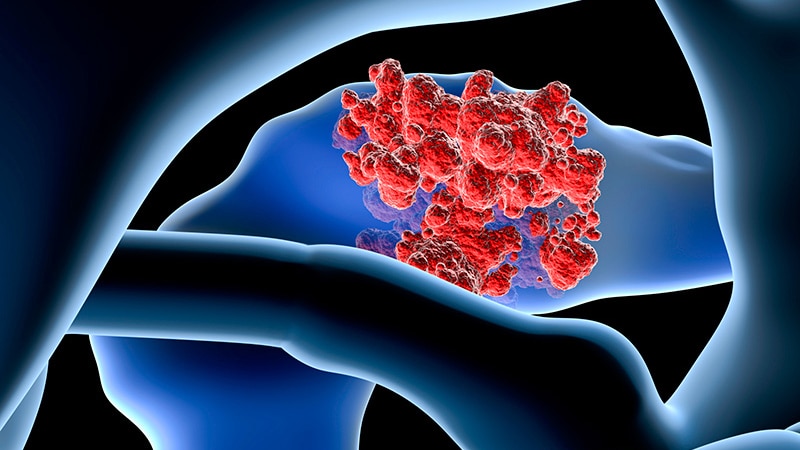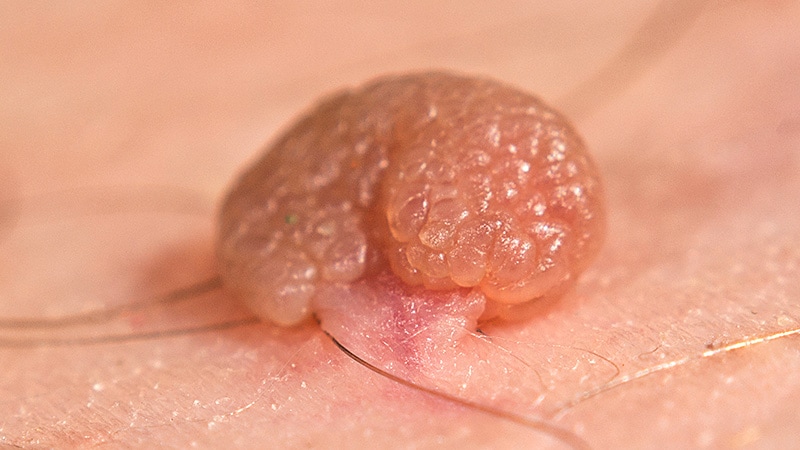TOPLINE:
Significant misconceptions and potentially maladaptive healthcare beliefs regarding diabetes care were common among individuals with type 2 diabetes (T2D), according to new research.
METHODOLOGY:
- During November 2021-January 2022, a trained clinical pharmacy specialist administered a cross-sectional survey to 119 people with T2D seen at a single primary care clinic in Harris County, Texas (which includes Houston).
- The survey, available in both English and Spanish, was adapted from a previous study regarding diabetes health beliefs.
TAKEAWAY:
- Half of the assessed misconceptions and health beliefs were present in > 50% of the cohort, including:
- They can feel high blood glucose levels (77%);
- Taking medications may damage their organs (74%);
- Diet alone, and not other factors, affects blood glucose levels (68%);
- They can become "dependent" on diabetes medications (65%);
- Glucose levels are only high when > 200 mg/dL (61%); and
- Their doctors will cure their diabetes (56%).
- Less common beliefs, misconceptions, and understanding gaps included:
- Inability to explain the A1c test (48%);
- Lack of belief that they could control their diabetes (40%);
- They do not need medication when glucose levels are normal (38%);
- The consequences of diabetes are minimal (30%);
- Diabetes is not a lifelong disease (27%); and
- Diabetes medications are hard to take (13%).
- The presence of significant misconceptions was similar among the 40, 79, and 50 patients with A1c ≥ 9.0%, < 9.0%, and < 8.0%, respectively.
- In logistic regression analysis, certain factors were associated with an A1c < 9.0%:
- Age (odds ratio [OR], 1.093; 95% CI, 1.029-1.171);
- Adherence to medications (OR, 3.415; 95% CI, 1.277-9.883); and
- History of a clinical pharmacy specialist visit (OR, 11.29; 95% CI, 7.715-39.450).
- History of a clinical pharmacy specialist visit was also associated with having A1c < 8.0% (OR, 4.107; 95% CI, 1.361-15.380).
IN PRACTICE:
- "Misconceptions and potentially maladaptive health care beliefs related to diabetes remain common among Hispanic individuals of low socioeconomic status, presenting a notable challenge to diabetes management in this population."
- "Although this cross-sectional study was unable to demonstrate the effect of individual misconceptions on participants' diabetes control, this fact does not mitigate the importance of addressing such misconceptions, especially in that it is challenging to quantify the exact effects of individual misconceptions on A1c values in the context of many confounding variables."
SOURCE:
The study was conducted by Heba Almasri, PharmD, and Ryan A. Popp, PharmD, both of Harris Health System, Houston, Texas. It was published on April 19, 2024, in Clinical Diabetes.
LIMITATIONS:
The study was conducted at a single center. The study population was generally low-income, of Hispanic ethnicity, and of low educational level, limiting generalizability, and the sample size was small.
DISCLOSURES:
The study authors had no disclosures.

.webp) 2 weeks ago
5
2 weeks ago
5
























 English (US)
English (US)